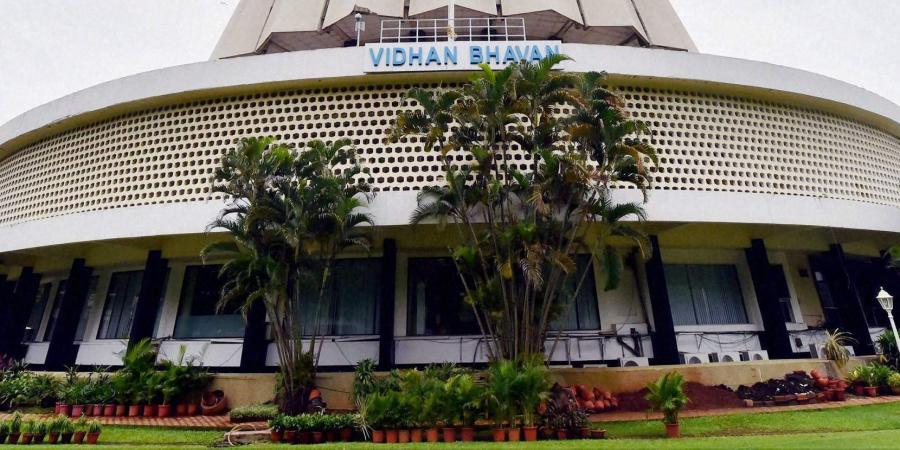Manas Dasgupta
NEW DELHI, July 6: In what could become the guidelines for the farmers whose demand for the repeal of the three farm laws is being cold shouldered by the centre for the last seven months, the Maharashtra government on Tuesday introduced draft amendment bills in the State legislature to the three farm acts passed by the Union government in August last year.
The Deputy Chief Minister Ajit Pawar said the draft would remain open for suggestions and objections for next two months and would be finalised in the winter session of the Assembly.
Only last week, Sharad Pawar, the veteran leader and the architect of the three-party Maha Vikas Aghadi (MVA) government in Maharashtra, had indicated softening of his stand on the three farm laws which he had been opposing earlier and had stated if not total repeal, certain necessary amendments in the acts to protect the farmers interests.
The bill to amend the Farmers (Empowerment and Protection) Agreement on Price Assurance and Farm Service Act, 2020, which was presented by Maharashtra’s Agriculture Minister Dadaji Bhuse, stated that farming agreement shall not be valid unless the price paid to farmer was equal to or greater than the Minimum Support Price (MSP).
It also proposed that the farmer and sponsor can make farming agreement below MSP with mutual consent for maximum period of two years. “For crops where MSP is not declared then they may enter in farming agreement with mutually agreed price,” it said.
It has also made the provision for punishment of imprisonment of minimum three years for harassment to the farmer.
State’s Co-operation Minister Balasaheb Patil introduced the amendment to the Farmers’ Produce Trade and Commerce (Promotion and Facilitation) Act, 2020, which stated that ‘no trader shall trade in any scheduled farmers’ produce unless such trader has a valid license of competent authority.’ As per the Centre’s act, the only condition was to have Permanent Account Number (PAN). “There is no provision of license for trading in the trade area. There will be no any control over the trader in case of default in payment to the farmer,” Patil pointed out.
The draft bill has, however, clarified that ‘no license or permission is required for marketing of agricultural produce such as fruits, vegetables, condiments, spices.’
In case of a dispute between farmer and trader, under the Centre’s act, the sub-divisional magistrate is the competent authority and collector is appellate authority to resolve the dispute. “Considering the work load on revenue authorities, it may not be possible for them to give sufficient time to resolve the disputes,” the amendment said. Provision of punishment of imprisonment of minimum three years and fine of ₹5 lakh has also been mentioned.
Chhagan Bhujbal, State’s Minister for Food, Civil Supply and Consumer Protection introduced an amendment to the Essential Commodities (Amendment) Act, 2020, making provision for the State government to regulate or prohibit the production, supply, distribution, imposing stock limits under circumstances such as famine, price rise, natural calamity etc.
Leader of Opposition and former BJP CM Devendra Fadnavis claimed that the amendments are nothing but an eye-wash and the State government was taking forward the policies of the central government. “There was no need to delay the implementation of these acts in the State,” he said.

